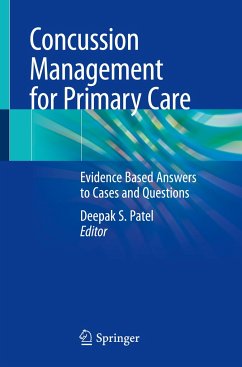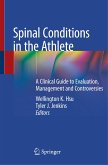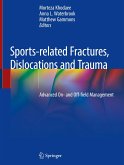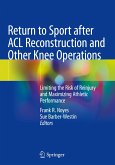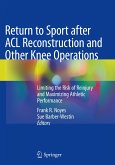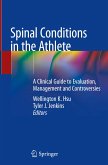Concussions are increasing in incidence each year, and each state has a law on management of concussions in children. These factors strengthen the need for primary care providers to be well-versed in the evaluation and management of them. This text provides primary care physicians and clinicians with an evidence-based yet practical approach to diagnosing and treating concussions in children and adults.
The book begins with a general overview of concussions. It then goes on to identify risks, signs and symptoms of concussions. Next, physicians and providers learn when and how to perform appropriate physical exams for suspected concussions. The following chapters focus on finding the correct type of testing to perform in suspected concussions. The testing options addressed include diagnostic, neurocognitive and imaging. Return-to-learn and return-to-play recommendations are then discussed to ensure that providers are able to properly educate patients on them. The book concludesby explaining post-concussion syndrome and identifying methods to prevent concussions and complications in the future. Each chapter presents a specific case along with 3-5 followup questions as well as a summary of key concepts.
Written from the unique perspective of a primary care physician who also specializes in sports medicine and concussions, Concussion Management for Primary Care is a first-of-its-kind book that serves as a valuable resource for primary care physicians, sports medicine physicians and any other clinician treating patients suffering from a possible concussion.
The book begins with a general overview of concussions. It then goes on to identify risks, signs and symptoms of concussions. Next, physicians and providers learn when and how to perform appropriate physical exams for suspected concussions. The following chapters focus on finding the correct type of testing to perform in suspected concussions. The testing options addressed include diagnostic, neurocognitive and imaging. Return-to-learn and return-to-play recommendations are then discussed to ensure that providers are able to properly educate patients on them. The book concludesby explaining post-concussion syndrome and identifying methods to prevent concussions and complications in the future. Each chapter presents a specific case along with 3-5 followup questions as well as a summary of key concepts.
Written from the unique perspective of a primary care physician who also specializes in sports medicine and concussions, Concussion Management for Primary Care is a first-of-its-kind book that serves as a valuable resource for primary care physicians, sports medicine physicians and any other clinician treating patients suffering from a possible concussion.

